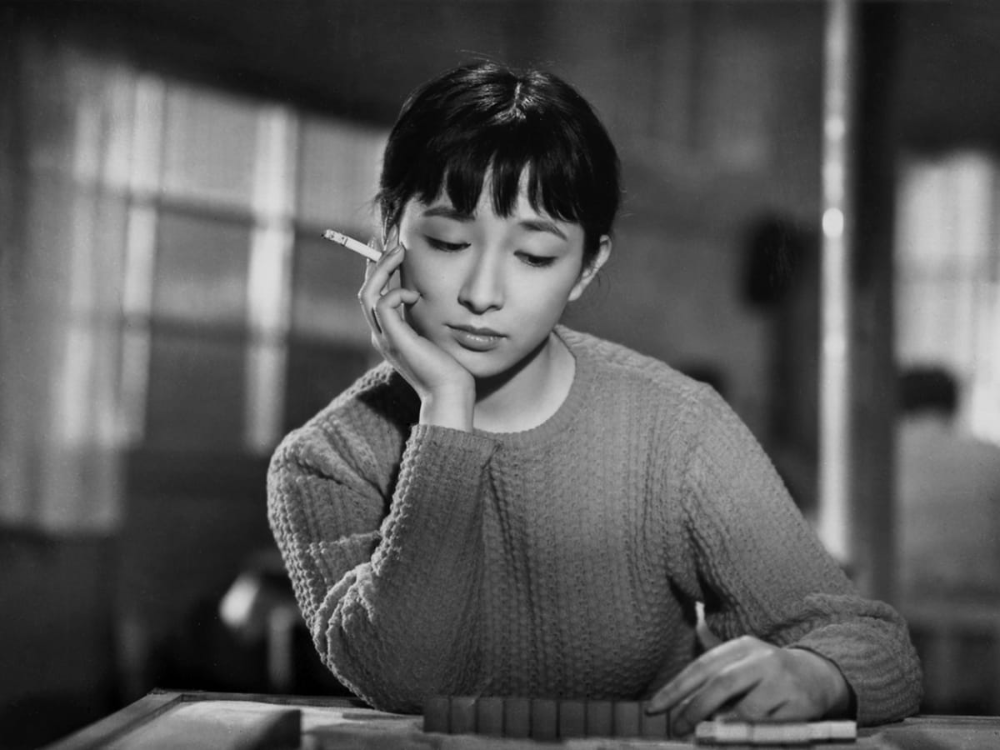By Rahul Desai
At around 8 o’clock every evening, I felt like the coolest kid in the neighbourhood. Some of my friends cursed me. Others were awestruck. The routine rarely changed. After spending hours playing and running and gossiping and hanging out in the garden, all of them reluctantly shuffled back to their houses. They hated it. They despised being summoned back for something as mundane as…eating. They detested the fact that they were required to sit at a dining table for thirty whole minutes with the rest of the family. They resented their parents for making meals feel like homework; “dinnertime” became a speed-bump on the highway of social evolution.
But most of all, they couldn’t believe that I was exempt from these shackles of tradition. No such rules applied to me. Post 8 p.m., I often saw sullen silhouettes at their windows – watching me as if I were both a cultural anomaly and extinct creature, wondering if this is what freedom looked like. I felt a tinge of pride when I walked home. I could enter the house, glide past the white dining table into the kitchen, and carry my plate into the bedroom. I read comics, watched television and ate on my own terms. I’d sometimes invite a few friends over after their dinner so that they could see me eat in my own space. So that they could see just how progressive my parents were.
I liked showing off the flexibility of our household. We ate at different times. And we ate different things. I preferred snacks. My mother liked her eggs and soap operas. My father was the last to have dinner. With a fat book in one hand, he shovelled spoonfuls of rice into his mouth with the other, his chewing sporadically interrupted by giant gulps of milk. He was also the only one who used the dining table. He couldn’t eat anywhere else. I always attributed this to the fact that he had grown up in a working-class Gujarati family. Both parents earned a living. Both sons lived in a hurry. Meals were a way to remember one another after long, lonely days.
In fact, my father liked sitting at the dining table. When I woke up at the dead of night to pour myself a glass of water, the faint glow of his cigarette stabbing the darkness helped me find my way around the table. If he needed to scold me for not doing well on a maths exam, he did it from the table. If he wanted to discuss his office day with my mother, he did it from there. The other chairs were empty, but he always spoke from the “head” of the table.
My meals in front of the television set introduced me to the movies. In the movies, families acted like families at the dining table – the father asked the son about school, the daughter quietly mourned her first heartbreak, one of them rebelled by talking back to a parent, the mother forced a pleasant conversation so that her husband could admire the people he was providing for. To confirm this myth, I invited myself over to friends’ homes for dinner. I sat at their table. The dining was audible – forks and knives scraped the plates, vessels clanged as they were passed around, and the collective functioning of digestive tracts filled the awkward table-sized silences. A formal gathering under the guise of an informal communion, dinnertime felt like a performance. People smiled and spoke in measured tones. They reminded themselves of the life they had chosen. The more dishes there were to choose from, the more secrets there were to hide. It felt comforting to reach home after that and see my father, alone, chew-gulping his dinner before bed.
Over the years, though, I noticed a change in the way my friends looked at me. Envy, for some reason, had morphed into pity. It felt like everyone knew something that I didn’t. When I walked home, I could almost hear the whispers from other apartments. Some mornings, I’d wake up to see a crack in the table or a broken chair. I’d come back from school to see a vase or two missing. Other nights, I’d wake up to see my mother’s younger brother – a boy the size of a man – keeping me company in the bedroom.
It took me a while to accept that perhaps my parents’ progressiveness was an inadvertent consequence of something else. My freedom was a happy consequence of their agony. They fought a lot. Their marriage had become so toxic that they had long passed the penance of pretence. Dinner at the dining table would have meant confronting one another in my presence. It would have meant putting up an act for me. But the conflict was so heavy, so full of shame and bitterness, that they were worried I’d see through them. They were worried it was too obvious. At some twisted level, this was their way of protecting me from a buffet spread of dishes. Consequently, they allowed a modest dinner routine that enabled us to drift away into our own private spaces rather than manufacture a public space of polite lies.
My parents chose not to pretend. But it soon dawned upon me that maybe I was the one pretending all along. Even today, I can’t eat without watching something on the screen. More importantly, I can’t eat without watching something – turned up to full volume – on the screen. The volume used to drown out the noise from the screaming matches outside the bedroom. It camouflaged the dysfunctionality of our “coolness”. The faint glow of a cigarette at the dining table punctuated my midnight visits to the kitchen, but I may have tuned out the sniffles and sobs from the other corner of the room. The nightmares that featured strange shadows entering my room and hiding in my cupboard were not dreams – by the time I realised that it was my father sneaking into the room to look for alcohol hidden in my cupboard, it was a little too late.
I was, at least psychologically, always sitting at a dining table despite never really being there. While most families performed at the dining table and fought behind closed doors of the bedroom, mine fought at the dining table and performed behind closed doors of the bedroom. The bed was my tent, and the meals on them, my way of humanizing our wilderness.
Years later, deep into my adulthood, I still eat in my bedroom. The television is still the soundtrack to my food. My mother, who lives with me, eats in her bedroom. My father lives separately, in our old apartment. He still has his meals, alone, with a glass of milk, at the white dining table. Maybe he hoped that one of us would join him there – to speak, to heal, to listen, to share. But we never did. I know that my old man wakes up well before the crack of dawn. Sometimes, he never sleeps. And he smokes his cigarette in the darkness. The home is empty, but he always sits at the head of the table.









This is so heartfelt. Thank you for this.
Amazing piece!